Search
Remove Ads
Advertisement
Summary 
Loading AI-generated summary based on World History Encyclopedia articles ...
Search Results
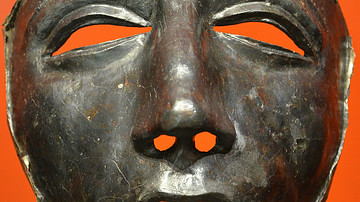
Definition
Publius Quinctilius Varus
Publius Quinctilius Varus (c. 46 BCE – 9 CE) was a Roman politician and general under the rule of Emperor Augustus. He is most remembered for having lost three Roman legions when ambushed by Germanic tribes in the battle of Teutoburg Forest...

Definition
Arminius
The Cherusci noble Arminius (c. 18 BCE - 19 CE) led the resistance to Roman conquest of Germania during the years 9-16 CE. Likely raised as a child hostage in Rome, Arminius gained command of a German auxiliary cohort in the Roman army. Posted...
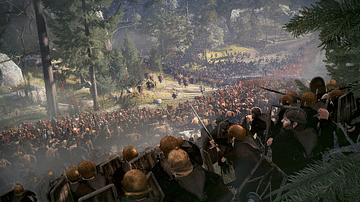
Article
Rome's Defeat at the Battle of Teutoburg Forest
At the Battle of Teutoburg Forest in 9 CE, a rag-tag barbarian force annihilated three Roman legions, leaving the Roman emperor Augustus (27 BCE to 14 CE) to nightly wander his palace, shouting for the defeated commander, Publius Quinctilius...
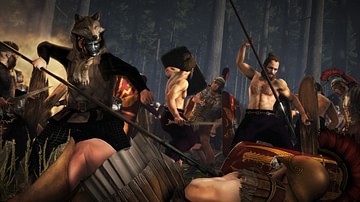
Article
Battle of Teutoburg Forest
At the Battle of Teutoburg Forest (aka Battle of Varus), c. 9 CE, a combined force of Germans annihilated a Roman army consisting of three legions including three squadrons of cavalry and six cohorts of auxiliary troops. As some soldiers...
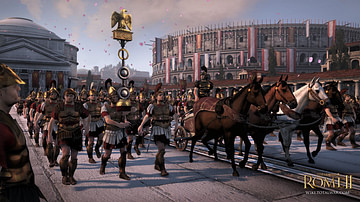
Definition
Roman Army
The Roman army, famed for its discipline, organisation, and innovation in both weapons and tactics, allowed Rome to build and defend a huge empire which for centuries would dominate the Mediterranean world and beyond. Overview The Roman...

Definition
Roman Standard
The Roman Standard (Latin: Signum or Signa Romanum) was a pennant, flag, or banner, suspended or attached to a staff or pole, which identified a Roman legion (infantry) or Equites (cavalry). The Standard of a cavalry unit was emblazoned with...
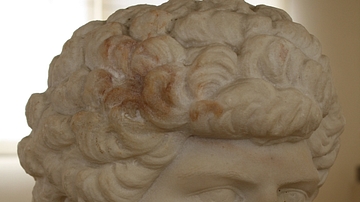
Image
Lucius Varus
A marble bust of Roman Emperor Lucius Verus (r. 161-9 CE). From Tarraco, Spain. (Archaeological Museum, Tarragona, Spain)
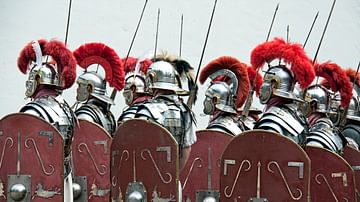
Definition
Roman Legionary
The Roman legionary was a well-trained and disciplined foot soldier, fighting as part of a professional well-organized unit, the legion (Latin: legio), established by the Marian Reforms. While major tactical changes appeared during the final...
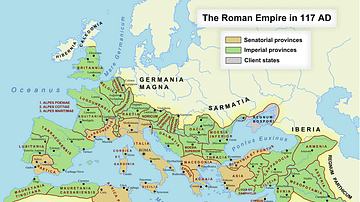
Article
The Extent of the Roman Empire
Time has seen the rise and fall of a number of great empires - the Babylonian, the Assyrian, the Egyptian, and lastly, the Persian. Regardless of the size or skill of their army or the capabilities of their leaders, all of these empires fell...
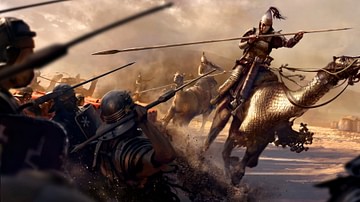
Article
Battle of Carrhae, 53 BCE
The Battle of Carrhae in 53 BCE was one of the greatest military catastrophes in all of Roman history when a hero of the Spartacus campaign, Marcus Licinius Crassus (115-53 BCE), initiated an unprovoked invasion of Parthian territory (modern...